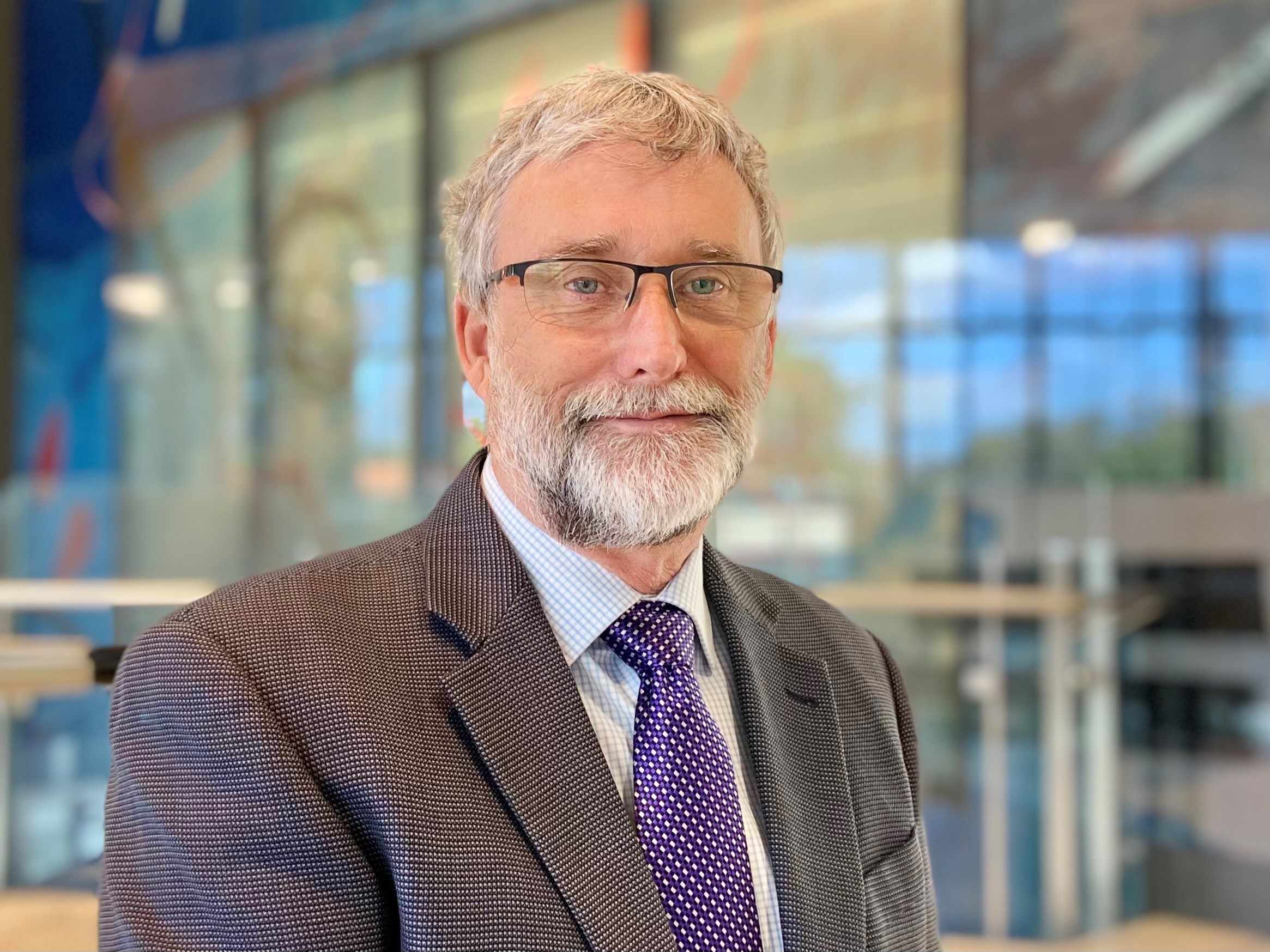
Professor Grant Ramm
Fascination with the hepatic stellate cell has shaped the career of Professor Grant Ramm, the 2020 recipient of the GESA Distinguished Research Prize
Speaking to the limbic to coincide with the GESA AGW 2020 virtual meeting, Professor Ramm said he started his career working with Professor Lawrie Powell and Professor June Halliday – two pioneers in the field of haemochromatosis.
However he was first introduced to the stellate cell some years later during his postdoctoral fellowship with Professor Bruce Bacon at St Louis University in the US.
“I really found them a fascinating cell. They sit in the liver and store 80% of the body’s vitamin A. They sit wrapped around the tiny blood vessels in the liver and they basically regulate blood flow. And they switch from this harmless resting cell into this cell which produces inflammation and a matrix of scar tissue and they do a phenomenal job of repairing the liver – but in liver disease, it just can’t be switched off.”
Professor Ramm, head of the Hepatic Fibrosis Laboratory and senior principal research fellow at QIMR Berghofer, said the cells were also relatively easy to work with.
“They can be isolated quite readily from livers because they have all this vitamin A which is fat … they basically float to the top of a density cube and you can suck them off the top of the density gradient and culture them. They are a really interesting cell to look at and to work with.”
Importantly, their inability to switch off has implications for so many diseases.
“The process is the same in virtually all chronic liver disease so trying to understand what happens very early – the insult to the liver, the inflammation that arises, and how those stellate cells start producing scar is what I am most interested in.”
“So if you can understand that mechanism, how it switches on, you can perhaps switch it off.”
Professor Ramm is particularly interested in identifying antifibrotic or anti-inflammatory agents that can help, especially in inherited diseases such as cystic fibrosis and haemochromatosis.
“These people are helpless to change the course of their lives. We need to find therapeutics to try and treat these people,” he says.
“There are a number undergoing clinical trials but none are approved yet so that’s a challenge. And that’s why the work we are doing to understand how these cells tick can inform research to develop better therapeutics.”
“It’s a burgeoning field and there is a lot of interest from big pharma companies to develop these novel molecules. It’s an exciting time to be involved in research in the fibrosis field in chronic liver disease at least.”
Tips for early career researchers
Professor Ramm laments that attracting funding for basic research discovery is difficult.
“I think the government is putting a lot more money into the other end of the scale – into trialling new therapeutics in the clinic and sometimes what’s forgotten about basic research is you need to discover the molecule first and how they work, before you can then put them into clinical trials.”
In fact, the most successful research happens when there is a close association between bench research and clinical research, he believes.
“Very rarely does good quality research happen in isolation. Having teams of scientists working with clinicians is extraordinarily important.”
“Clinicians bring an entirely different perspective. They inform us about what’s important in patient care in the clinic and the scientist brings that investigative acumen.”
“It’s been important for me and my career. I have always worked hand in hand with clinical collaborators and it’s proven to be very successful.”
He encourages early career researchers to be inquisitive and to “back yourself”.
“There are always setbacks in research whether it’s experimentally or in funding, it can be difficult but can be extremely rewarding when experiments work and new ideas are proven.”
“So … if you enjoy it, back your own ability and give it a red hot crack.”